One Canary Island Pine Tree Pinus canariensis
The tree is currently growing in a one gallon container, but will be shipped with the roots wrapped in damp paper towels and with plastic and ready to plant upon arrival. The plant will be between 10 to 13 inches in height. Planting guidelines will also be included.
Needles in bundles of three, and up to a foot long, give a graceful appearance to this popular and handsome pine. The branches are arranged in fairly regular tiers, which may be up to several feet apart, and in an open location the lower branches will be retained.
In its native habitat, Canary Island pine produces strong, dense heartwood (it sinks in water), which is much stronger and more durable than that of most pines; for this reason plantations have been established for timber production in many countries with suitable climates. However, in California it is grown for ornament. The bark has attractive color contrasts due to furrows of yellow ochre between dark ridges. The cones are up to 8 inches long.
Canary Island pine is an evergreen coniferous species of tree that grows to mature heights of 125 feet (40 m), occasionally to 200 feet (60 m), with a straight stem and a usually open crown of regular, candelabra-like upswept branches. Its overall structure is narrowly conic when young, later widening to broadly ovoid-conic, finally becoming irregular and dense with age.
* Bark is very thick, scaly, fissured, patterned red-brown and buff.
* Branching mostly uninodal, but occasionally multinodal on vigorous young trees.
* Shoots are stout, 0.28 to 0.6 inch (7 – 15 mm) thick, rough, and colored buff to yellow-brown.
* Winter buds are large, cylindric to ovoid-acute shaped, with red-brown scales having long free, revolute tips, fringed with white hairs.
* Adult leaves (needles) are retained 1.5 to 3 years on the tree. They are borne in fascicles of 3 with a persistent 0.8 inch (2 cm) sheath, and measure 6 to 11 inches (15 – 28 cm) long. Needles are bright green to yellow-green colored, slender, about 0.04 inch (1 mm) thick, with serrulate margins, and fine lines of stomata on all faces. Those measuring over 8 inches (20 cm) long droop gracefully with their weight.
* Juvenile leaves are strongly glaucous, 1.2 to 2.4 inches (3 – 6 cm) long, on slender, 0.12 inch (3 mm) shoots, and are grown on young trees for 3 to 6 years (occasionally longer), and produced again on epicormic shoots after injury (they may be mixed with adult foliage on some cultivated trees.
* Seed cones grow slightly deflexed on short stout peduncles. Their structure is symmetrically ovoid-conic, hard and heavy, measuring 4 to 8 inches (10 – 20 cm) long and 2 to 2.8 inches (5 – 7 cm) broad when closed. In April, two years after pollination, the cones ripen to a rich, glossy, chestnut-brown color, measuring 3.6 to 5.2 inches (9 – 13 cm) broad, finally opening the same summer or up to a year later.
* Cone scales are stout, thick, woody, and very stiff. The rhomboid-shaped apophysis is 0.6 to 0.88 inch (15 – 22 mm) long and 0.8 to × 1.1 inches (20 – 28 mm) wide with a slight to moderate transverse ridge. The umbo is dorsal, flat to slightly raised, measures 0.24 to 0.36 inch (6 – 9 mm) wide, colored brown to grey-buff.
* Seeds are shiny blackish brown above, matt gray below, measuring 0.44 to 0.6 inch (11 – 15 mm) long and 0.24 to 0.28 inch (6 – 7 mm) wide with a 0.6 to 1 inch (15 – 25 mm) long and 0.4 inch (10 mm) wing, buff to reddish with numerous wavy dark brown streaks. Unlike most hard pines, the wing is not easily removed from the seed.

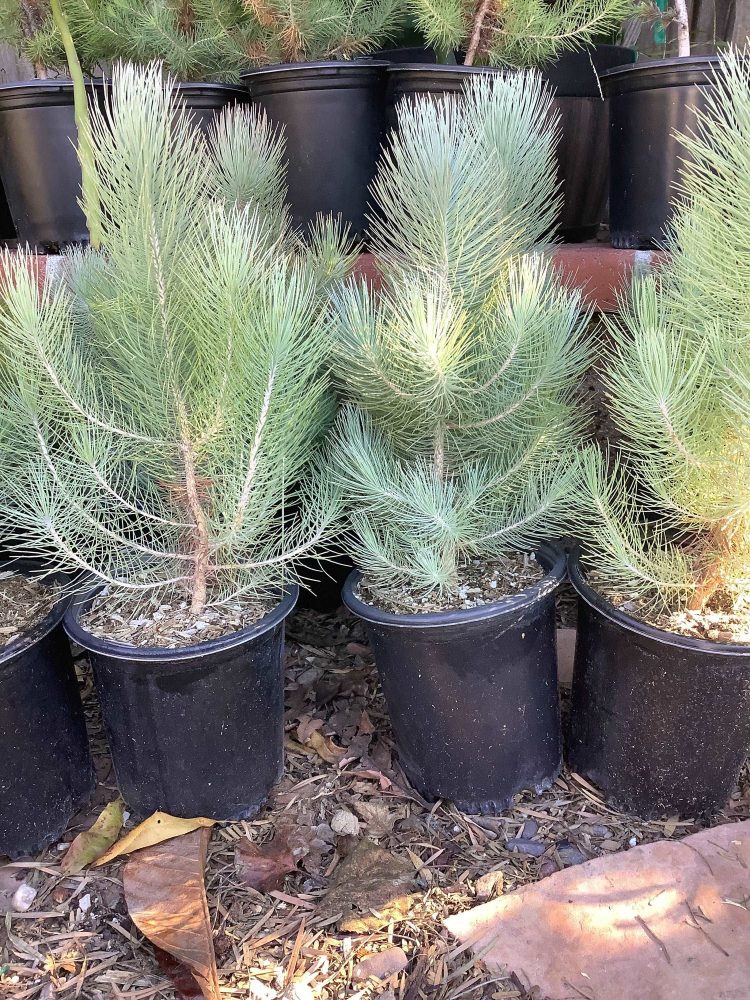
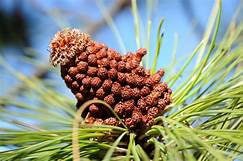
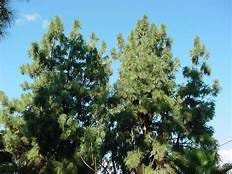
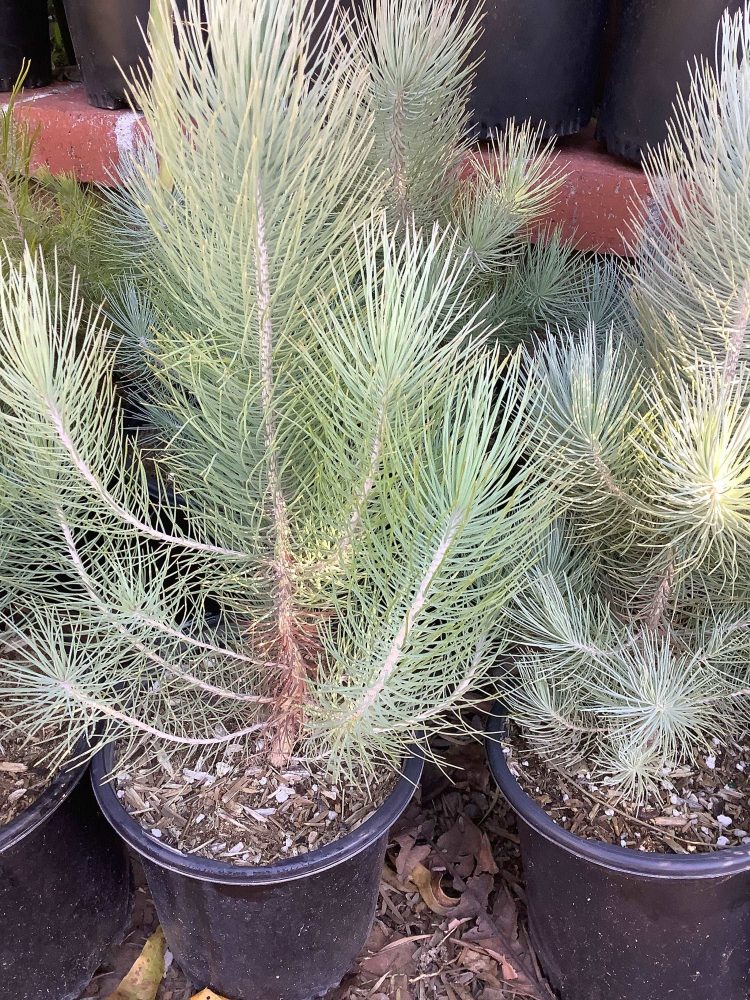
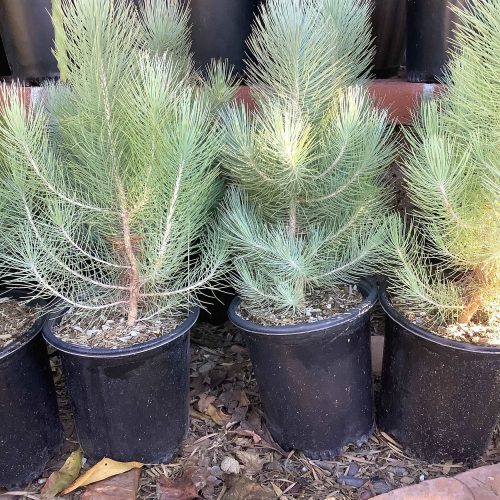
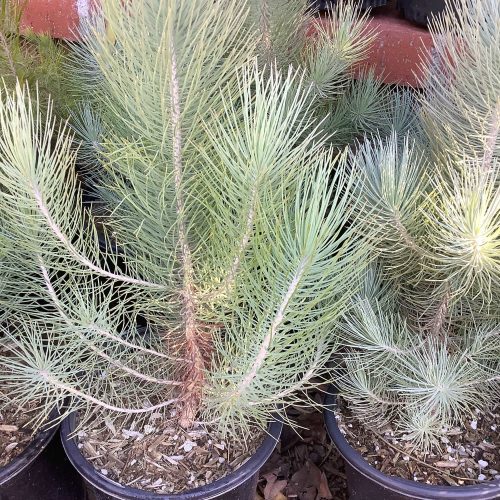

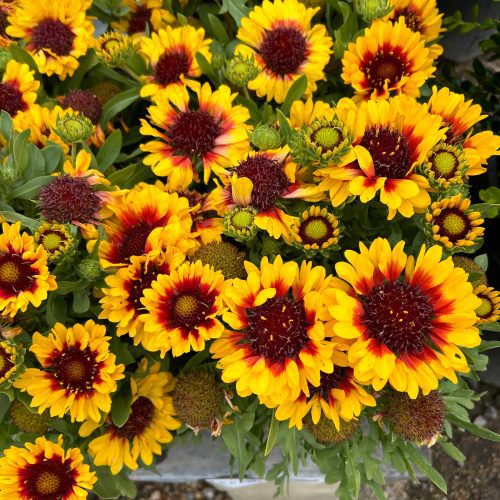
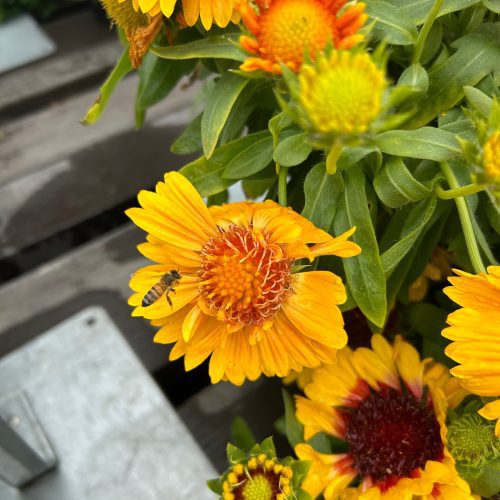
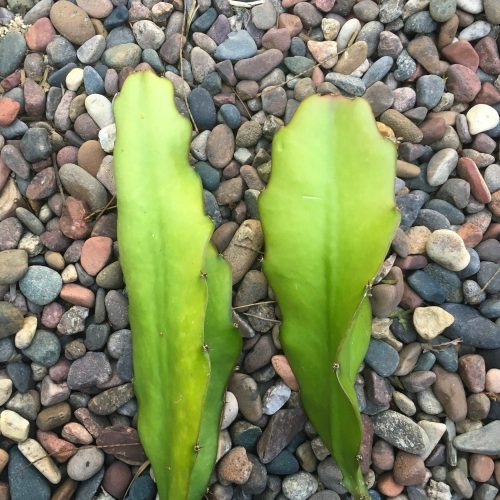
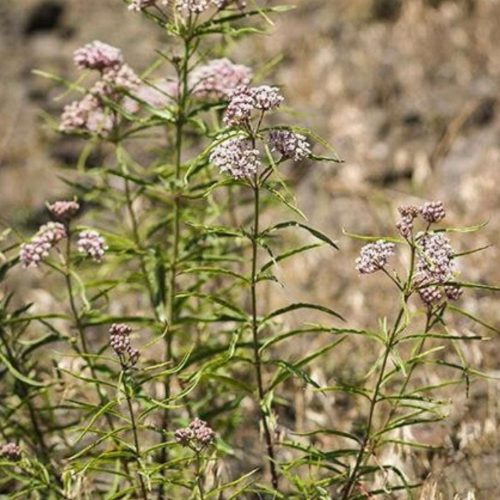
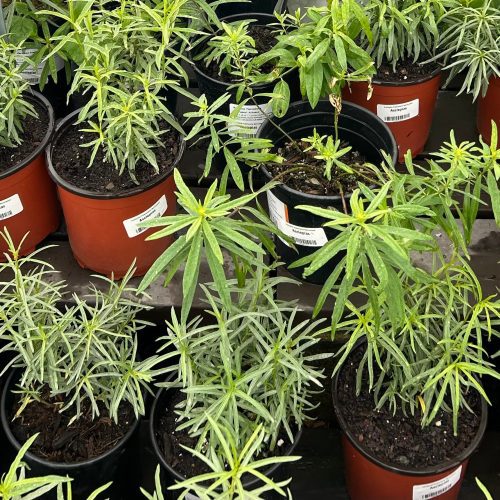
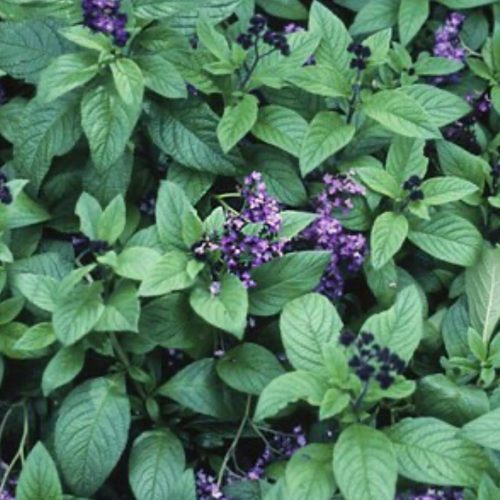
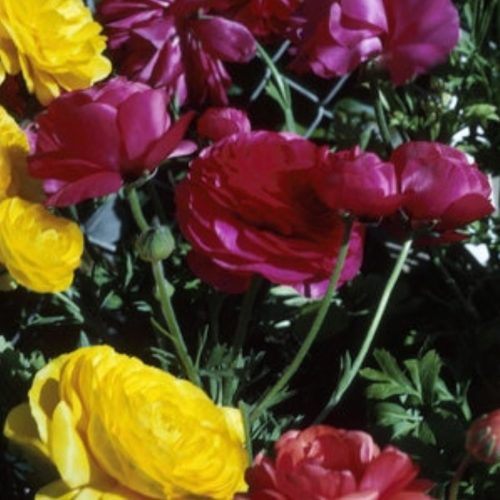
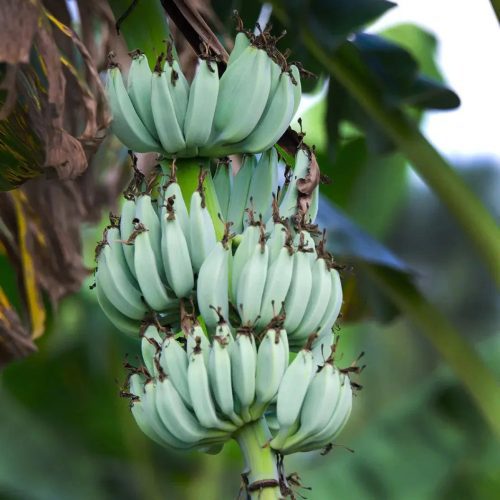
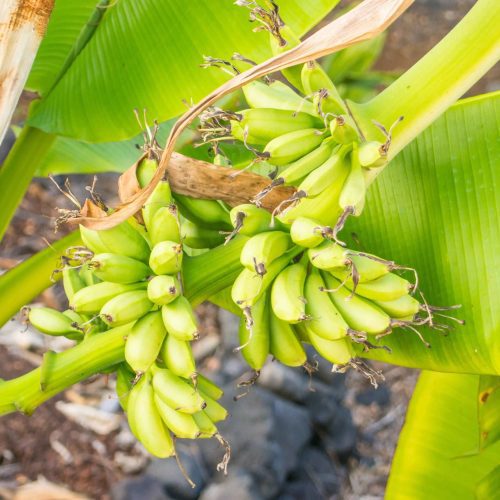
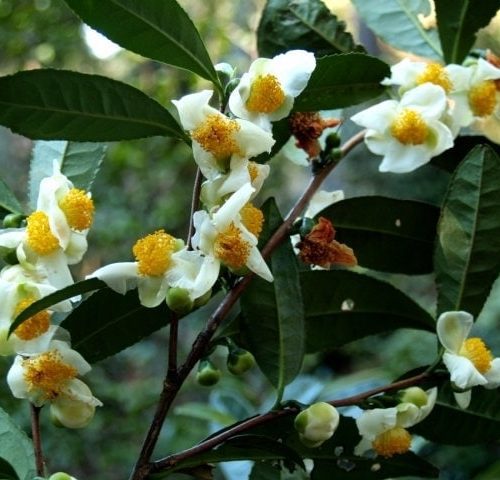
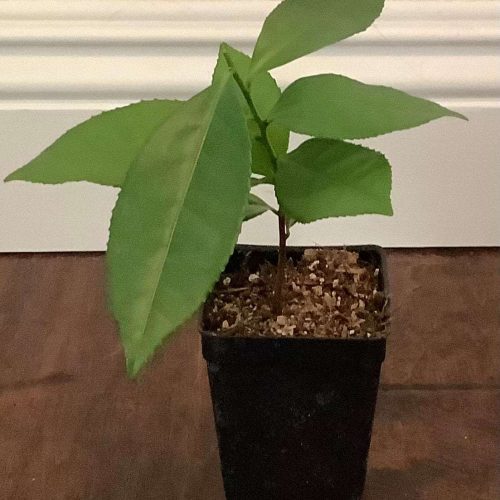
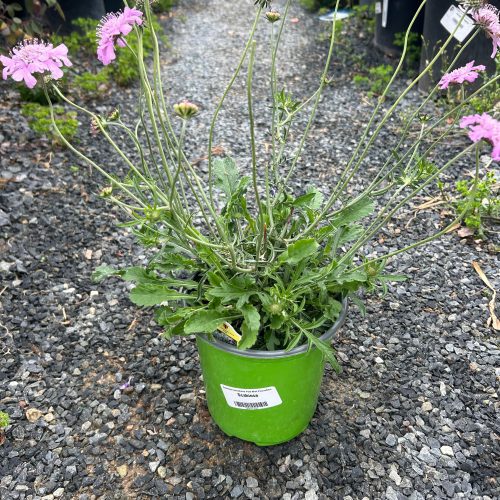
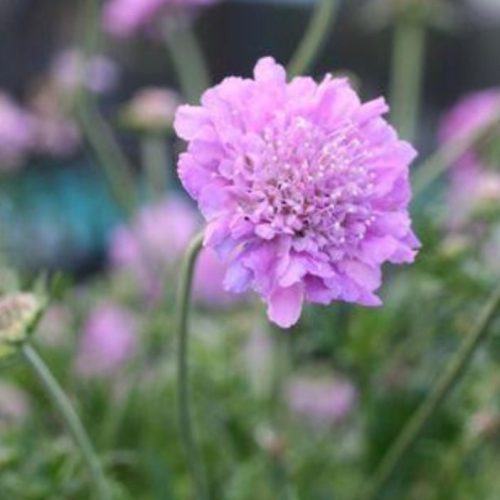
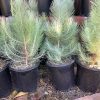
Reviews
There are no reviews yet.